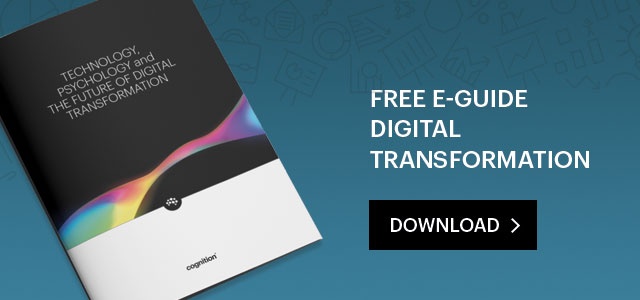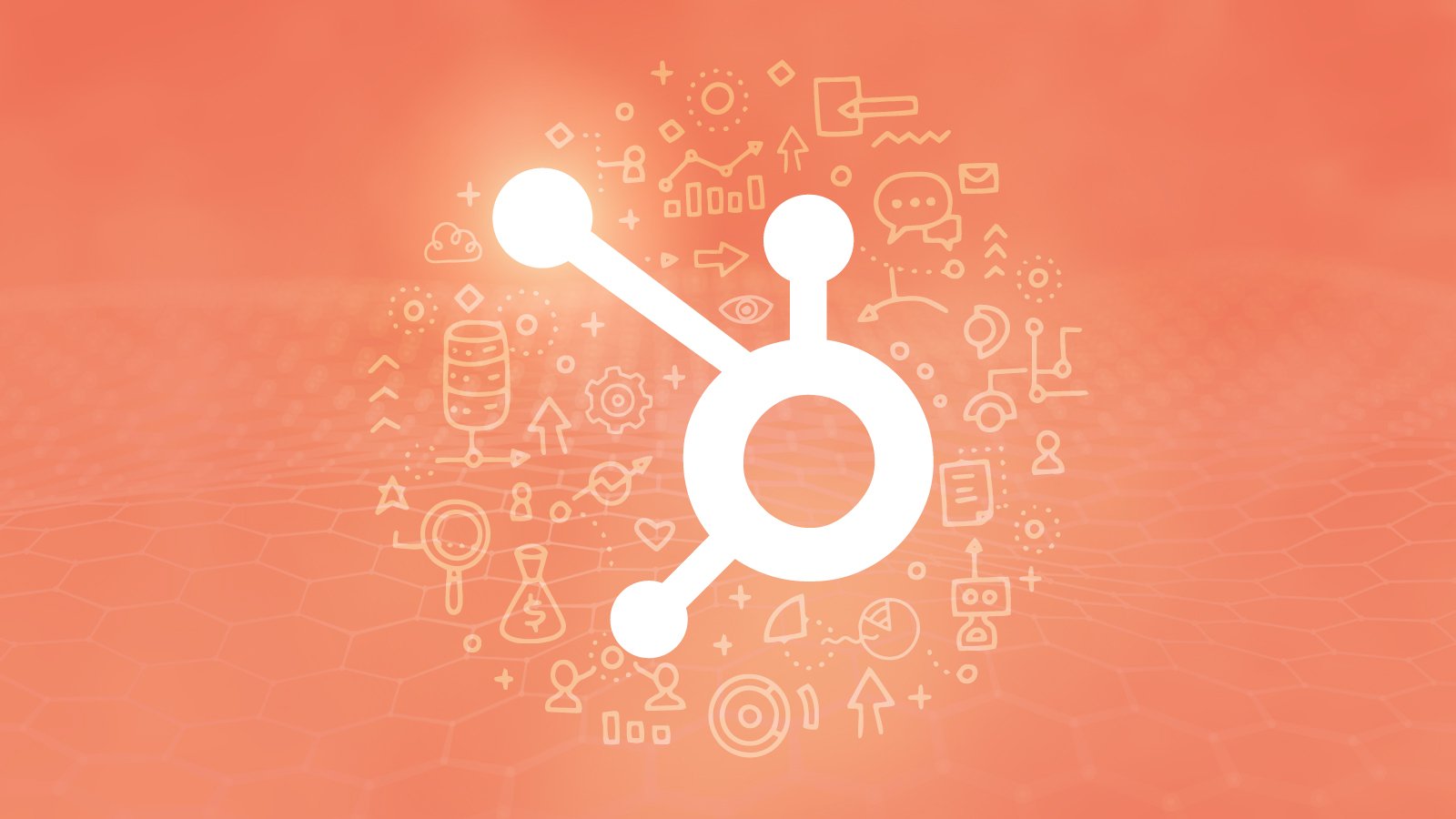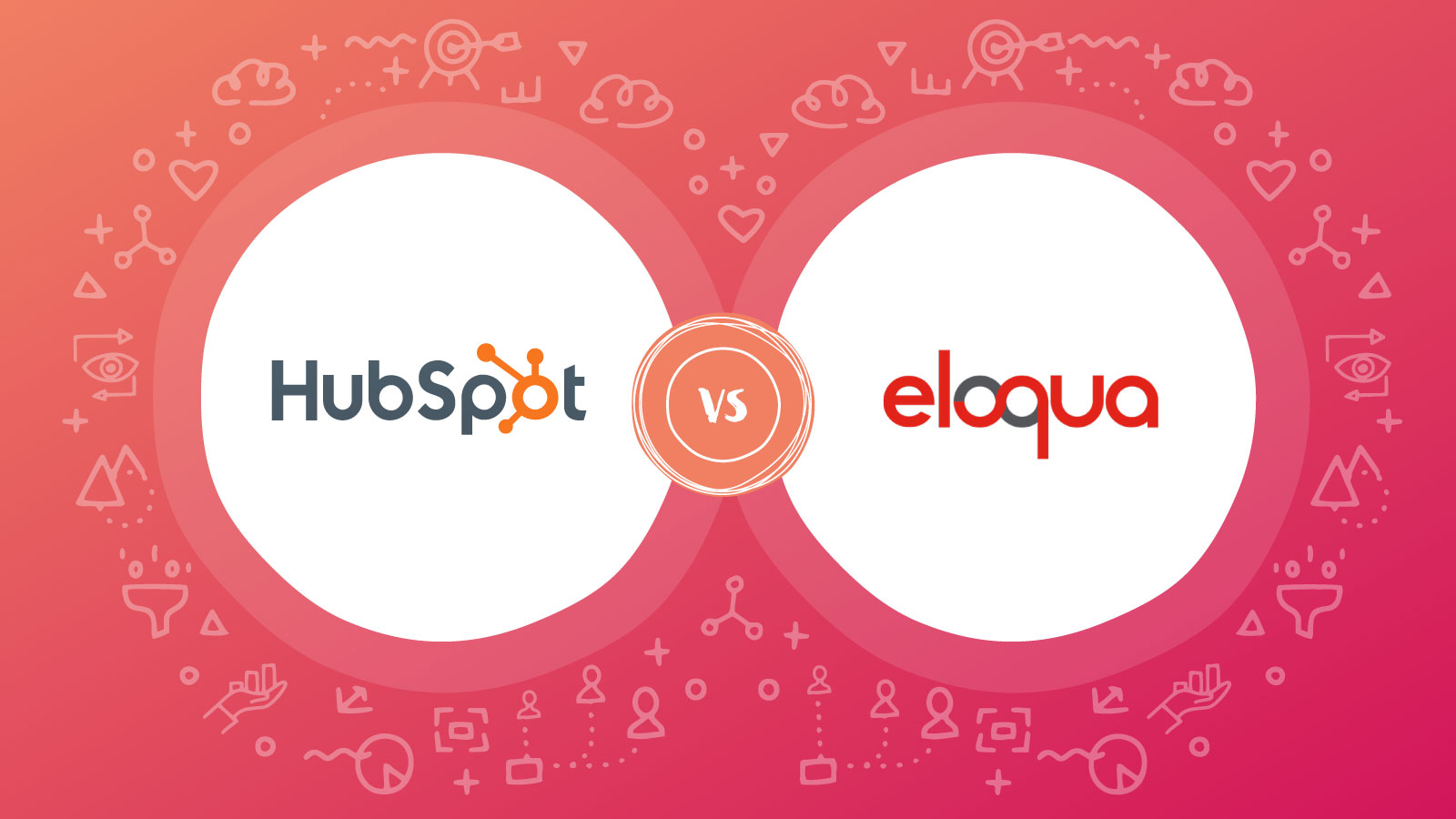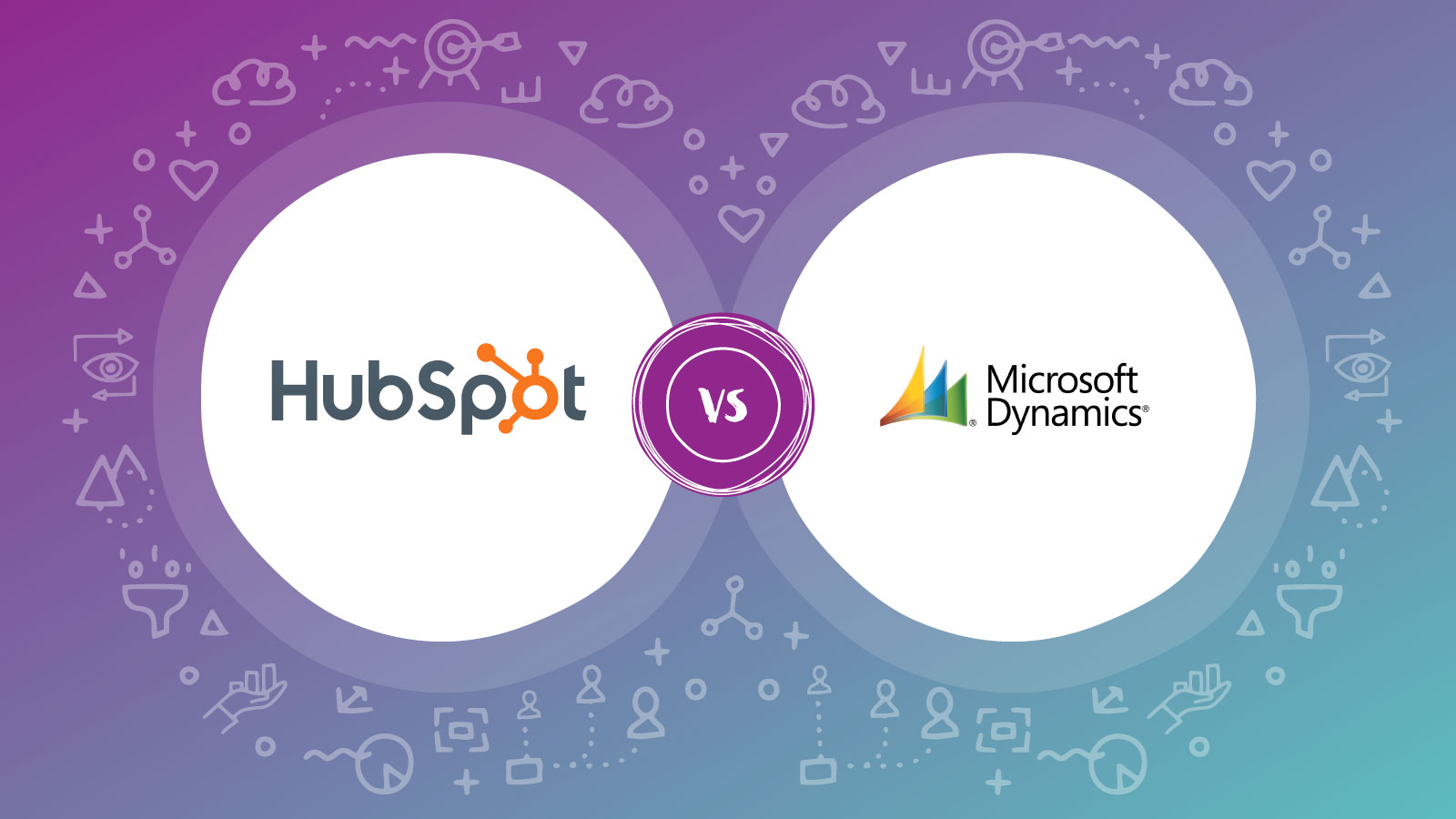The link between luxury and status is accepted universally: the more money you have, the more you can spend on buying things which are of little productive value but which bring less tangible benefits such as status or prestige. Buying works of art, superyachts, high-performance cars or diamond tiaras makes a statement about who we are, our values and our place in the world.
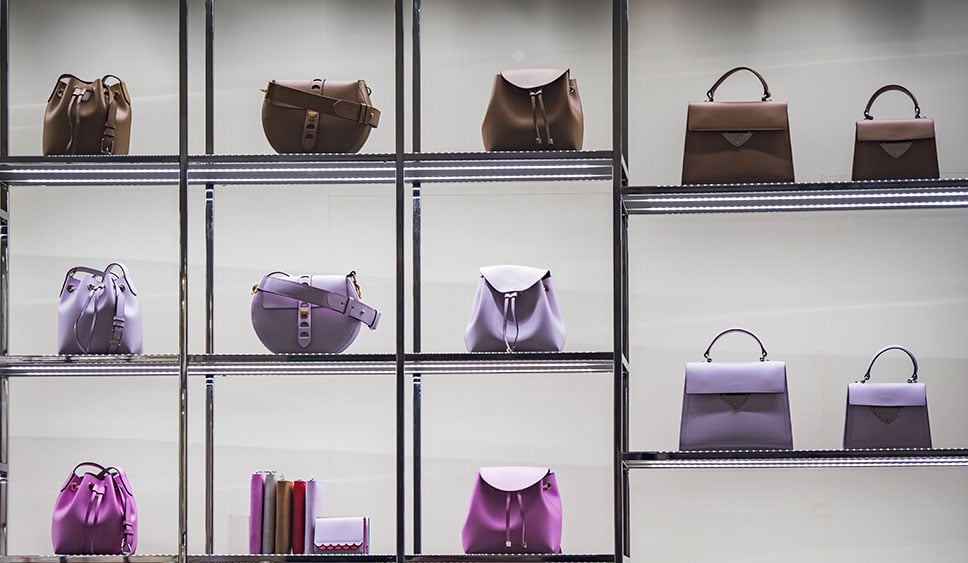
Our craving for luxury and the distinction it brings with it means we are prepared to pay £10,000 for a Louis Vuitton bag when we could buy a cheap fake, indistinguishable to the passing eye, for a fraction of that amount. We do this because the authenticity of what we buy and how we buy it, sets us apart from those who cheat. The psychology behind this conspicuous consumption is well-evidenced and goes back to the work of Thorstein Veblen, but the way we buy luxury goods is changing.
Take the high-end art world as an example. The opaque practices of art galleries, auction houses and dealers led many to believe that online auctions and transparent pricing would diminish the value of art. In fact, the opposite happened and this trend is reflected more generally in the world of luxury brands. The value of luxury brands, as expressed on their balance sheets, continues to grow as the process of engaging with target audiences becomes easier and the advent of marketing automation platforms can accelerate this process exponentially.
The decline of behaviourist psychology was caused, in large part, by the ability of cognitive psychologists and scientists to look inside the human mind and this is exactly what automation platforms such aslike HubSpot can do.

While maintaining the exclusivity of luxury brands, HubSpot is able to nurture and expand the pool of potential consumers by creating and delivering content that these consumers want to engage with at precisely the right time. Its effectiveness is amplified by the fact that it enables brands to break the general categories of high net worth and ultra high net worth individuals high net worth and ultra high net worth individuals (HNWI and UHNWI) into a number of smaller segments, allowing for more targeted messaging, which creates greater brand engagement.
Finally, despite the relatively low number of people who are able to habitually consume luxury brands compared to those who would like to, any automation platform will still have to be able to handle tens of thousands of contacts. HubSpot is able to do this and once the audience is segmented it can deliver targeted content, automated workflows and provide detailed reporting and analytics, which allows the marketing to be continually refined.
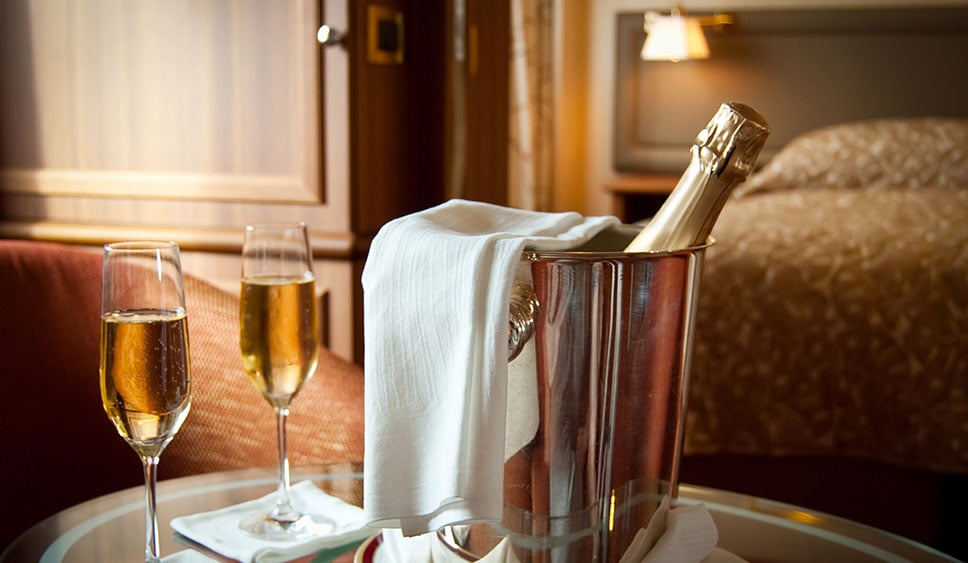
The hunger for luxury and the status it brings with it is as old as our species. What’s new is our ability to see precisely into the minds of those who consume luxury goods and to understand in granular detail the multiple motivations that drive each specific individual to buy. What makes this possible is that the alliance of marketing automation, psychology and cognitive science has joined forces to create the most sophisticated model ever created for the magnification of brand value and the satisfaction of human desire.
Should you like to find out more about how Cognition can help you to position your brand, and nurture your prospects, contact us on 0121 275 3966.
You might also be interested in our FREE eGuide, "Technology, Psychology and The Future Of Digital Transformation"


